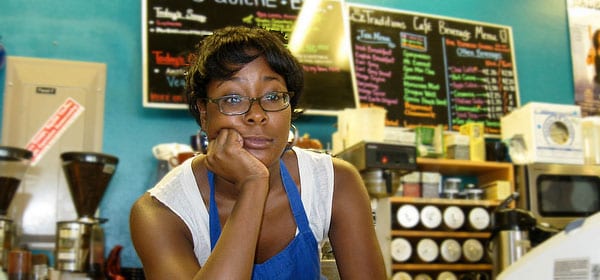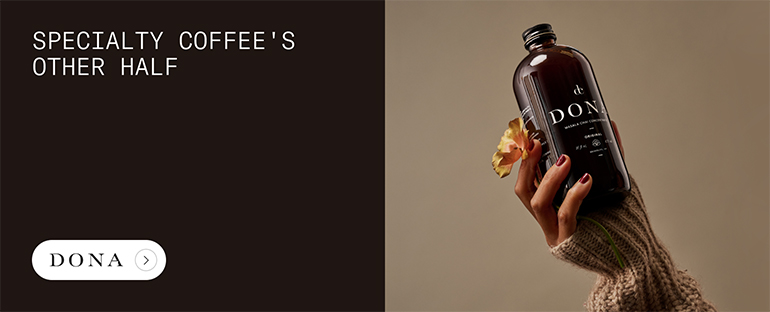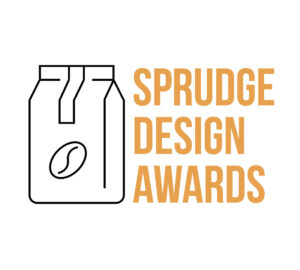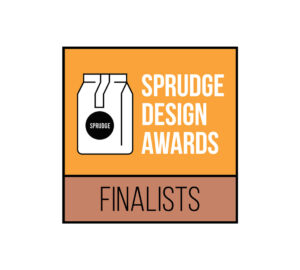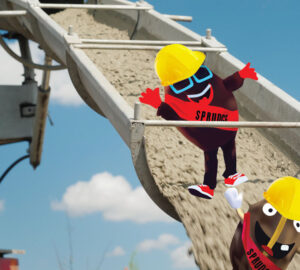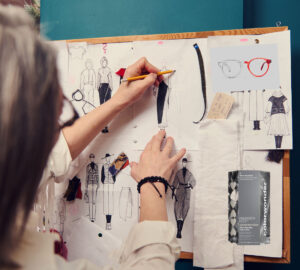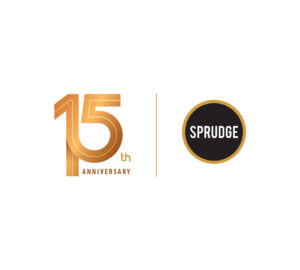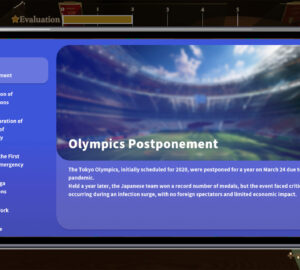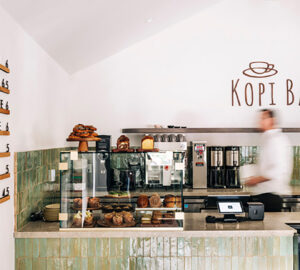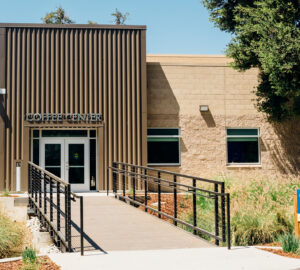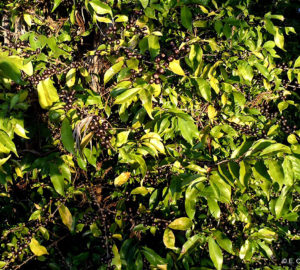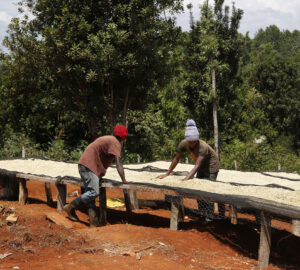The 2011 USBC competition season is upon us, and with it, the maiden voyage of the all-new Brewers Cup. We’ve talked to a lot of folks in the industry about Brewers Cup, and the most common questions we’ve heard are “what exactly are the judges looking for, and what does it take to win?“. After speaking to organizers and experts, we’ve put together six easy ways to win big this year. Our apologies for not getting this out sooner for our friends at the SERBC and NWRBC.
1) Use different coffees from different roasters to develop your technique.
You have to get through Round One to get to the Finals, and you won’t see the Round One coffee until the morning of the competition. If you want to make sure your technique is a winning one, use different coffees from different roasters while you dial in your brewing technique. You need to be able to get the most out of whatever coffee you encounter in Round One, so it would also be wise to…
2) Get to know the scoresheets and the rules.
If you’re not using the scoresheets to evaluate your brews, you’re whistling in the dark. Read and study the rules, especially the scoresheets and the sections in the rules that pertain to judging and details about the various evaluation elements. [Download the Rules and Regulations and the Round One and Finals Score Sheets]
3) Taste your brews all the way to cold.
The judges will taste the cups all the way to cold, and so should you. A good brew will taste good as it cools to room temperature, while a more flawed brew will taste more bitter, sour, or otherwise “off,” depending on what the brew problems were. If you only taste your coffee when it’s hot, you’re not really tasting your coffee.
4) Customer service.
In finals, it’s all about presenting a great overall coffee experience. Imagine a table in your shop with three customers ready for your coffee-sommelier presentation. How do you capture their attention? How would you present your coffee? What kind of conversation might you have with those guests?
5) Craft your taste descriptions carefully.
Great taste descriptions are more than just a collection of flavor-notes, they should be like an orientation for the sensory experience that’s coming. Revisit your coffee from a fresh perspective. Are you listing “bergamot” in your description while overlooking the lemony acidity? Make sure your descriptions are accurate, engaging, interesting, and accurate. Yep. “Accurate” twice.
6) It’s not about you.
Anecdotes about your career in coffee are only going to be well-received if they’re truly relevant to enhancing the coffee experience. Focus on the coffee and delivering world-class customer service. Even the most engaging presentation can be ruined by dipping your thumb in the cup.











